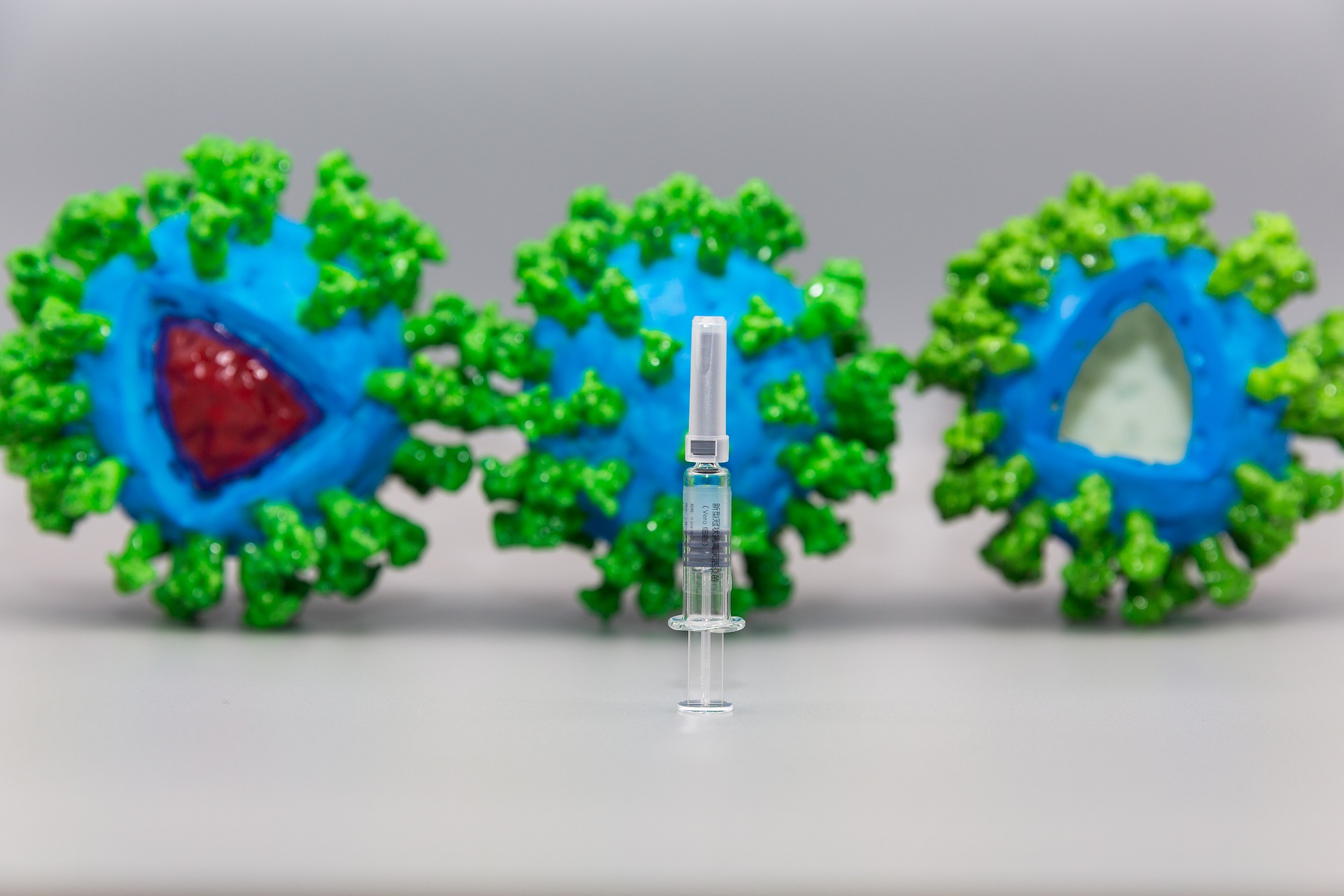Because the vast majority of countries around the world have decided to open up to foreign travelers, most of them still have measures in place depending on the type of vaccine that travelers have been immunized with.
Currently, all countries recognize the evidence of vaccination of one of the vaccines approved by the European Medicines Agency (EMA), namely Pfizer / BioNTech, Moderna, AstraZeneca and Johnson and Johnson. However, it is a different matter with other vaccines, such as Sinovac.
Therefore, when traveling around the country, do not forget to check the validity of the vaccine.
The following countries allow entry to persons vaccinated with Sinovac:
| Albania | Georgia | Paraguay |
| Armenia | Greece | Philippines |
| Azerbaijan | Hong Kong | Serbia |
| Bangladesh | Iceland | South Africa |
| Brazil | Indonesia | Spain |
| Cambodia | Kazakhstan | Sri Lanka |
| Chile | Laos | Switzerland |
| China | Macedonia | Tajikistan |
| Colombia | Malaysia | Thailand |
| Dominican Republic | Mexico | Togo |
| East Timor | Nepal | Tunisia |
| Ecuador | Netherlands | Turkey |
| Egypt | Oman | Ukraine |
| El Salvador | Pakistan | Uruguay |
| Finland | Panama | Zimbabwe |
Sinovac is a vaccine produced by a pharmaceutical company in Beijing, which is included in the World Health Organization’s (WHO) Emergency List.
WHO approved the Sinovac-CoronaVac vaccine for use in emergencies on June 1 this year and assured countries, sponsors and the community that the vaccine meets international standards of efficacy, safety and production.
“In the case of the Sinovac-CoronaVac vaccine, the WHO assessment included on-site inspections. Sinovac-CoronaVac is an inactivated vaccine. Simple storage requirements make it very manageable and especially suitable for conditions with limited resources, ”the WHO statement on the Sinovac vaccine reads.
Sinovac’s emergency approval came after directors of the WHO, the International Monetary Fund, the World Bank and the World Trade Organization called for a € 42 billion investment fund to help end the pandemic and restore free movement.
All participants called for a fair distribution of the set amount and investment in vaccine production, oxygen supply and COVID-19 treatment.
Following approval, the WHO said the vaccine prevented symptomatic disease in 51 percent of people vaccinated against coronavirus, and prevented hospitalization and symptoms in 100 percent of samples.
In addition, because the vaccine was approved for use in emergencies, the injection was added to the COVAX program, which aims to ensure international equitable access to vaccines.
The inclusion of the emergency vaccine was expected to help the COVAX initiative, which was seriously tackling supply problems.
“The world is in desperate need of several Covid-19 vaccines to address the huge inequality of access around the world. We encourage manufacturers to participate in the COVAX Center, share their know-how and data, and contribute to pandemic control, ”said Mariangela Simao, WHO Deputy Director-General for Access to Health Products.
The Sinovac vaccine, which is now used in dozens of countries, is recommended for all people over the age of 18 and it is recommended that everyone take a second dose two to four weeks after the first.

